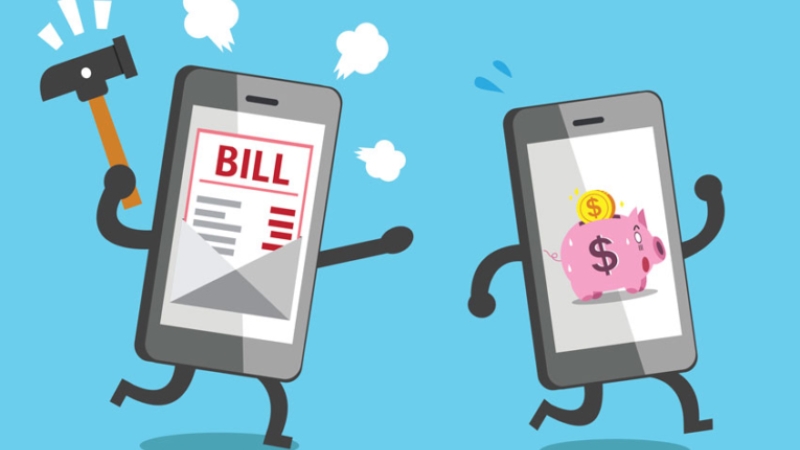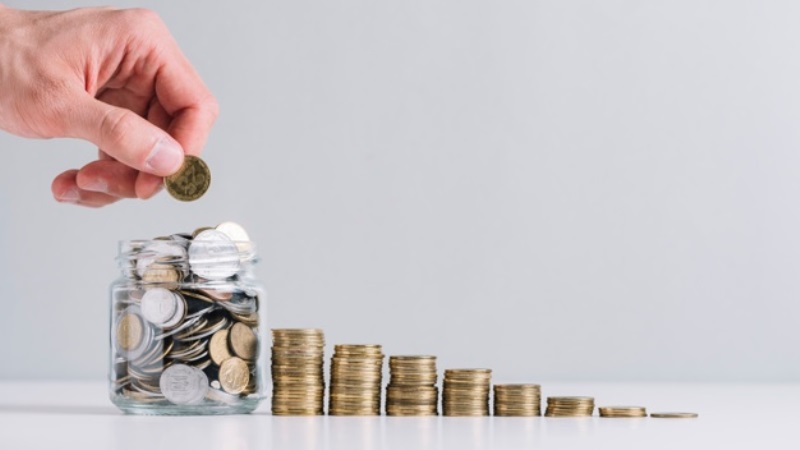
If you’re carrying a large debt load, it’s time to take action. The longer you wait to take on your debt, the more interest you will accumulate, ruining your credit score and making it increasingly hard to have financial freedom long-term. Don’t let looming bills and debt collection agencies keep you up late at night. Use this guide to help you get your finances sorted:
Establishing a Plan
The key to good financial management is to create a plan and stick to it. This will require some organisation on your part. First, make a list of all your income sources and your essential expenses each month-rent or mortgage payments, utilities, groceries, and transportation costs. Deduct the essential expenses from your total income to determine how much spare cash you have to pay debts each month.
The next thing you should do is make a list of all the debts you currently owe. The list should include who you owe the money to, how much you owe, and the interest rate the debt is collecting. Contrary to what you may think, the largest debt isn’t necessarily the one you should pay down first: the one with the highest interest rate is actually the most important.
Talking with your Creditors
If you’ve been in debt for some time, you’ve probably spent a lot of energy dodging your creditors. It’s finally time to break your silence. In many cases, calling your creditor to explain your financial situation and your plan to become debt free may help you negotiate a more beneficial arrangement. Your creditors may informally agree to allow you to make smaller payments, lower your interest rate, or freeze your interest altogether for the time being. Be aware, however, that these are not legally binding arrangements, so your creditors could change their minds about the arrangement at any time.
Finding Ways to Earn and Save
Remember that list of all your essential expenses you made? It’s time to review it again to see where you can cut costs. If utilities are eating up your budget, try to be more energy efficient around the house: power down all electronics and lights when they’re not in use, take shorter showers, and throw on an extra sweater instead of turning the thermostat up. You can save on groceries by stocking up on non-perishable items and looking for weekly deals at the supermarket. As for transportation costs, see if you can participate in a car share if you drive to work.
Another smart option is to sell household items you no longer need. You can sell your MacBook Pro and other electronics-mobiles, DVDs, CDs, and games-through online buyback plans. Clothes in good condition may be taken to a local consignment, while old furniture, sporting equipment, and antiques can be auctioned off on eBay. Apply the money you save and earn directly to your debt each month to get one step closer to financial freedom.



